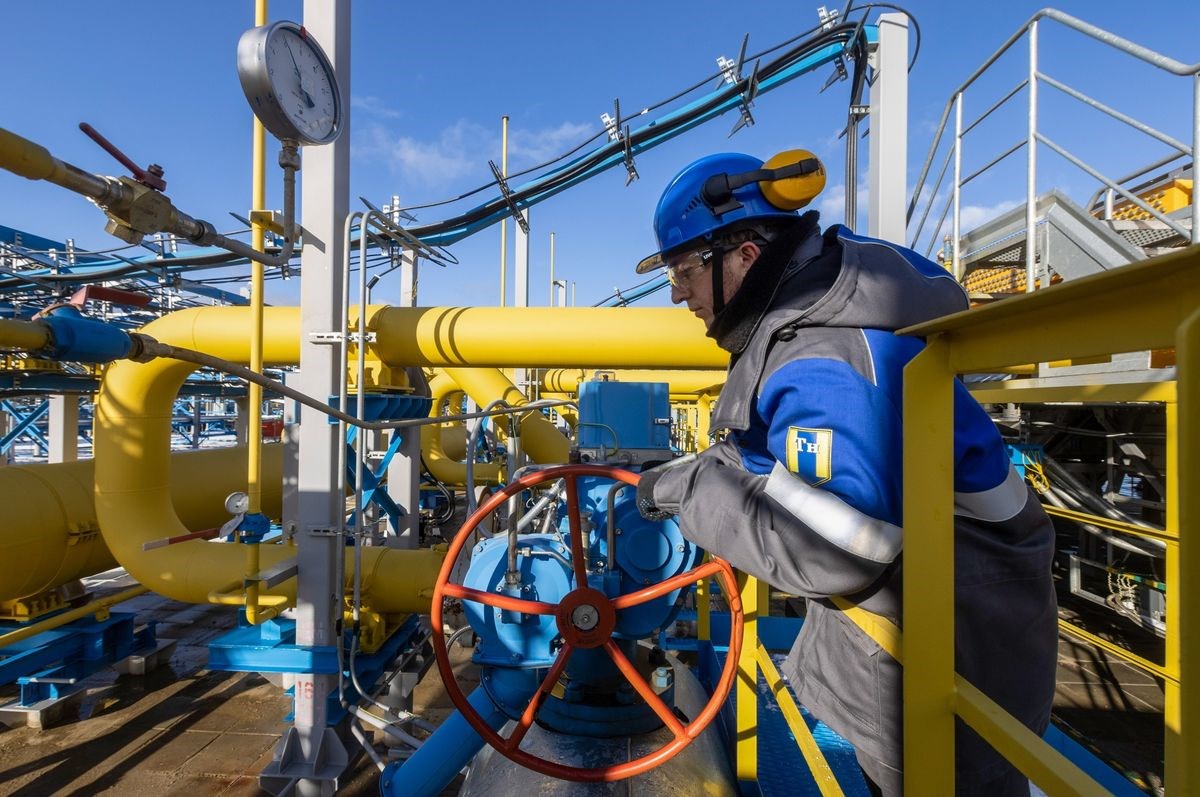EU says member states to share gas if Russia halts supplies
The European Commission could engage in a solution for the halt in Russian gas imports, which forces states to share their energy supply.
-

EU says member states must share gas if Russia halts its supplies.
The European Commission has created a plan of action in the case of a sudden cutoff of gas supply from Russia, in which member states with alternative suppliers will have to share their fuel with the rest, according to Spanish newspaper El Pais.
According to the report, the Commission plans to complete the proposal on May 18.
Brussels will implement measures to ensure sufficient gas deliveries to households and key social institutions across the European Union, based on supply security regulations that went into effect in 2017. The measures will also seek to mitigate the economic and social impact of a possible emergency, according to the sources.
Read next: EU needs to recycle more: Report
Energy rationing, according to reports, will be implemented by the European Commission, which will largely affect the industry by balancing the competitive advantage of enterprises in nations with supply constraints against those that have a solid gas supply. As a result, gas-leveling policies will have an impact on all EU countries to some extent.
"Some [states will be influenced], as they are directly affected by the cutoff. Others [will be affected] because they would be obligated to reduce industrial consumption to aid their neighbors," the sources were quoted as saying.
The EU is currently preparing its sixth set of sanctions against Russia for starting a military operation in Ukraine, including an oil embargo, but EU member states are divided on the bloc's ability to replace Russian energy supplies, despite the bloc's heavy reliance on Russian oil (24%) and gas (39.2%).
The problem was made worse when Poland and Bulgaria were recently shut off from Russian gas due to their refusal to pay in rubles.
The edict by Russian President Vladimir Putin demanding gas payments in rubles took effect on April 1. It states that all pipeline gas delivery contracts with entities on the "unfriendly nations" list must be settled in Russian money.
The majority of countries rejected Russia's demand, prompting EU officials and politicians to take steps to diversify their gas suppliers in the hopes of eventually ditching Russian energy.

 2 Min Read
2 Min Read









